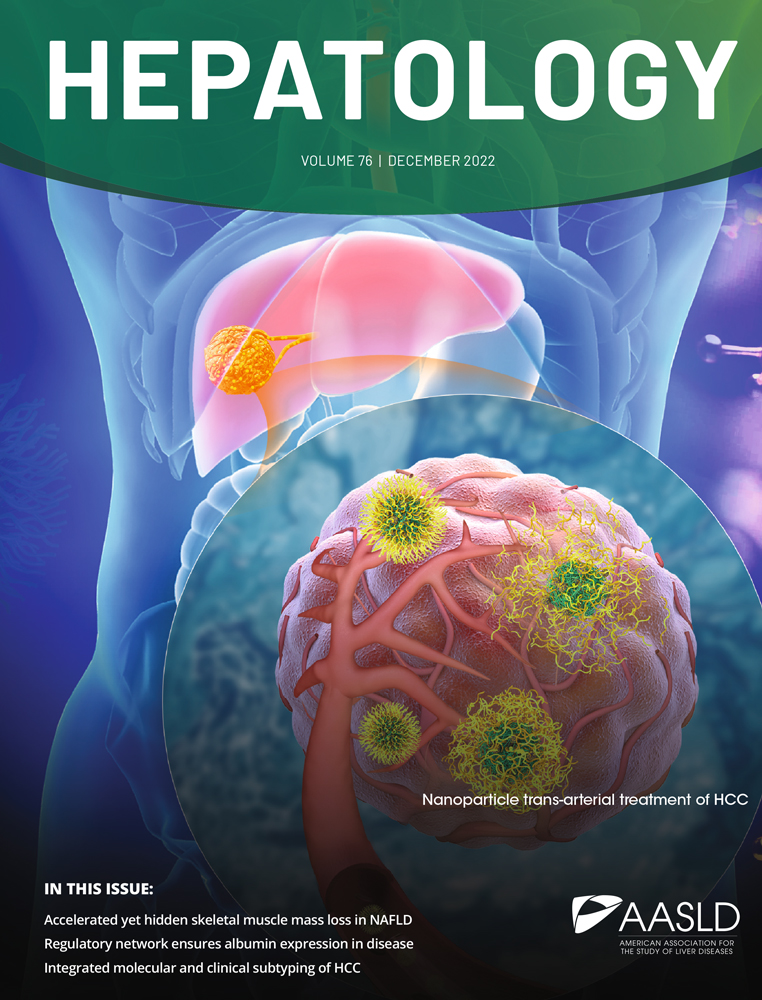Comment on the updated AASLD practice guidelines for the diagnosis, management, and treatment of hepatitis C: Treating active drug users†
Potential conflict of interest: Nothing to report.
We commend the authors of the updated AASLD Practice Guidelines on hepatitis C virus (HCV) diagnosis, management, and treatment for their clear, comprehensive review.1
However, the Practice Guidelines contain a contradiction about hepatitis C virus (HCV) treatment for active drug users. The information in Table 11 (“Characteristics of Persons for Whom Therapy Should be Individualized”) stipulates that “Current users of illicit drugs or alcohol [who are] willing to participate in a substance abuse program (such as a methadone program) or alcohol support program…..should be abstinent for a minimum period of 6 months prior to initiating HCV treatment.” Elsewhere, the Practice Guidelines recommend consideration of HCV treatment for active drug users, inclusive of persons who currently use illicit drugs and individuals on a methadone maintenance program, “…provided they wish to take HCV treatment and are able and willing to maintain close monitoring and practice contraception.”
Rigid eligibility criteria pose a significant barrier for many candidates regardless of their need for or willingness to engage in HCV treatment; one multiple-city study reported that 96% of young injection drug users were considered ineligible for HCV treatment by conventional criteria.2 Research has demonstrated that certain treatment contraindications are modifiable.3 The literature offers several examples of successful models for delivering HCV care and treatment to active drug users.4-11
We hope that this contradiction is resolved so that the Practice Guidelines are internally consistent in suggesting that clinicians broadly consider HCV treatment for active drug users in the context of supportive, multidisciplinary care.
We thank the authors for their support of more inclusive HCV treatment guidelines.
References
Tracy Swan*, Jen Curry , * Treatment Action Group, New York, NY, Harm Reduction Coalition, Oakland, CA.




